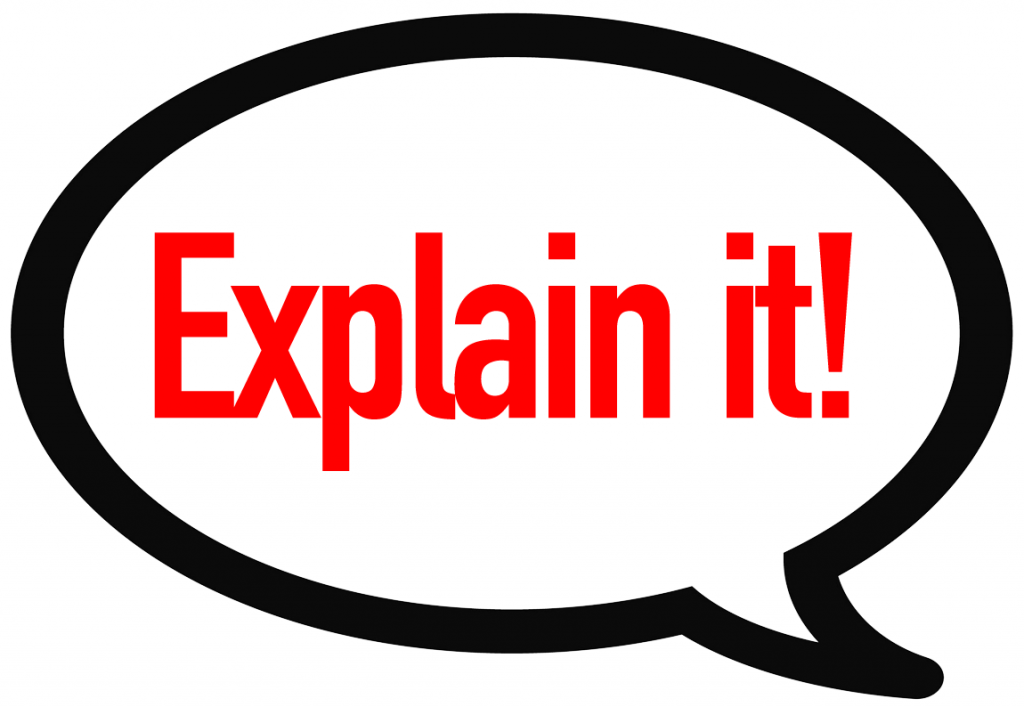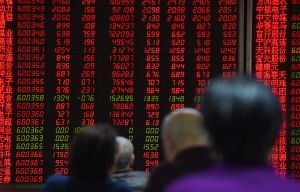
A reader, Don Hillin, asks:
“I have heard Donald Trump say and others as well that we owe China a great deal of money! Is that credit that American businesses owe China? Explain!”
Short answer: No, Trump often loudly laments our more than trillion dollar debt to China, but the large amount of money that the United States owes China is sovereign debt and is in the form of US Treasury bills, notes and bonds — collectively referred to as “Treasuries.” (More on this in a moment.)
Donald Trump has a lot to say about China
According to a Politico Magazine analysis, Trump tweets far more about China than any of his other foreign foes he attacks on the stump, including Mexico and ISIS. Trump accuses China of stealing American jobs and manipulating its currency to make Chinese exports more competitive. He promises to level the playing field on trade by imposing a 45 percent tariff on all Chinese goods. “We can’t continue to allow China to rape our country,” Trump declared at a rally in May. “That’s what they’re doing. It’s the greatest theft in the history of the world.” As a number of economists and business people have pointed out, imposing tariffs or pulling out of trade agreements would not, in fact, bring back jobs or alleviate America’s economic concerns, and would most likely cause a backlash and a trade war.
About that sovereign debt

Investors watch price movements on screens at a securities company in Beijing on February 22, 2016. (GREG BAKER/AFP/Getty Images)
US Treasuries are considered one of the safest investments in the world because, with little exception, the US Treasury does not default on its debt. China now has $1.24 trillion in Treasuries, making it the largest foreign holder of US debt, with Japan close behind at $1.13 trillion dollars. One reason that the Chinese and foreign governments buy so many Treasuries is that we have a big trade deficit with China: about $350 billion annually. Countries like China are willing to lend the US the money, so that we continue to buy all those imports. Foreign investment in America’s debt — $6.1 trillion, overall — helped pull the economy out of recession. Treasuries are not an investment that the United States benefits from discouraging.
Discount deals
This past May, Donald Trump made confusing statements about a Trumpian deal to buy back Treasuries from creditors for less than they are worth without repaying what the United States owes. “I have borrowed, knowing that you can pay back with discounts. And I have done very well,” the four-time bankruptcy filer told Andrew Ross Sorkin on CNBC’s Squawk Box. “I would borrow, knowing that if the economy crashed, you could make a deal.”

A US Treasury Department official surrounded by packages of newly printed currency in 1907. (National Archives via Wikimedia Commons)
That might work for the Trump casino franchise in Atlantic City, but in global markets, it would cause instability at best, and quite likely send them crashing. It’s an idea that is “stupid and ridiculous and never going to happen,” according to one bond expert Bloomberg Markets spoke with. Interest rates on US debt would shoot up, which could make borrowing more expensive, and the market uncertainty would cause banks to lend less. It was also not clear if Trump thought he could negotiate discounts with foreign holders of US debt, without doing the same with domestic holders of US debt.
America’s largest creditor
What’s more, if a President Trump tried to renegotiate America’s outstanding public debt, US citizens would be hit hard. Domestic investors, including individuals, corporations, pension funds, state and local governments, for example, hold $2.8 trillion in Treasuries. Add in the Federal Reserve holdings and government accounts like the Social Security Trust, and some two-thirds of US debt is domestically held. According to The Economist, default would result in “cataclysmic consequences for the economy that would far outweigh any gains in refinancing costs.” US workers would undoubtedly pay the price.
Have an election-related question you want explained? Let us know in the comments below.




